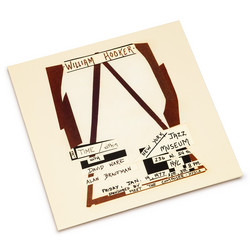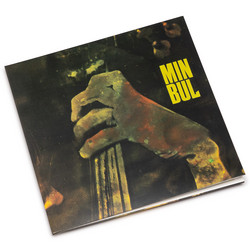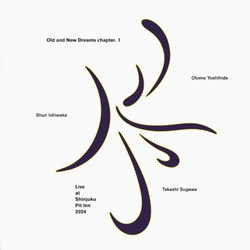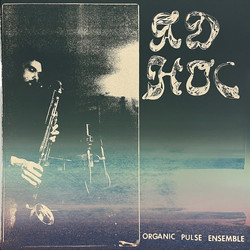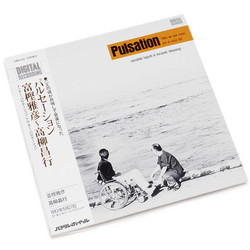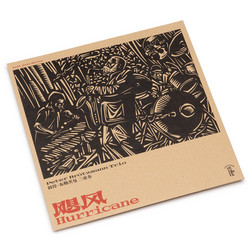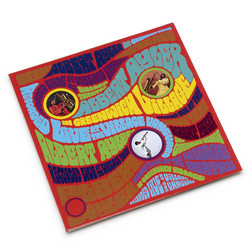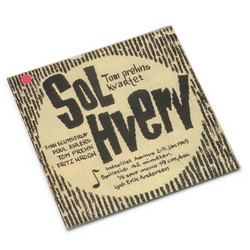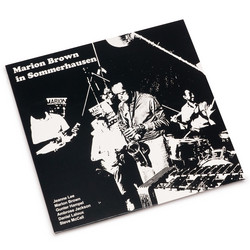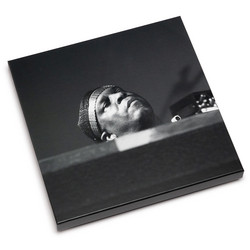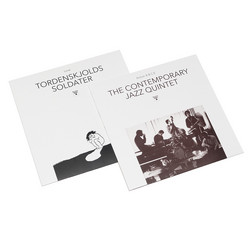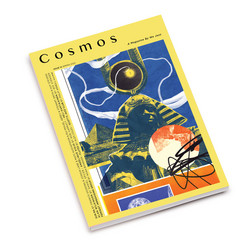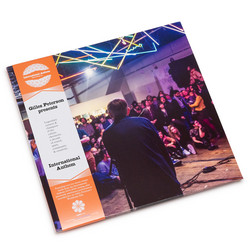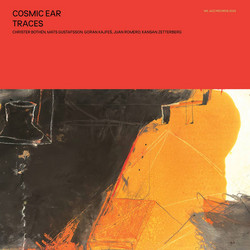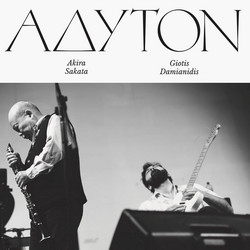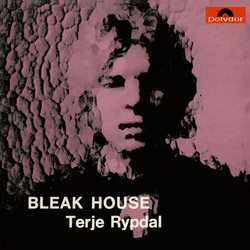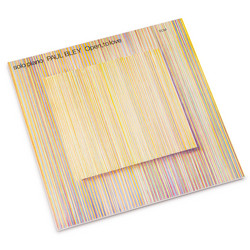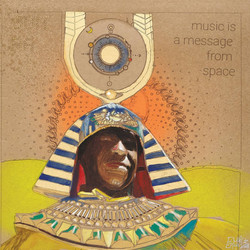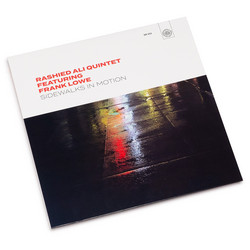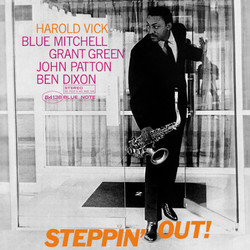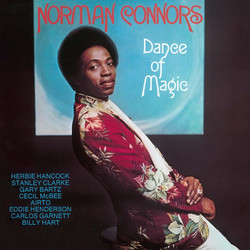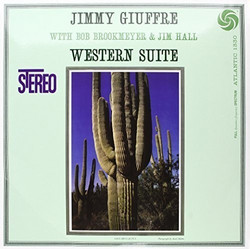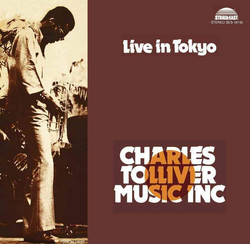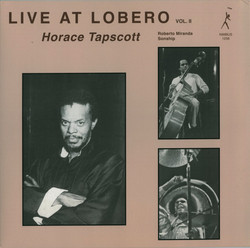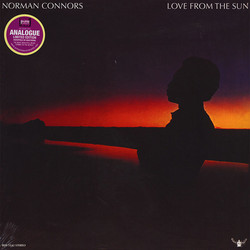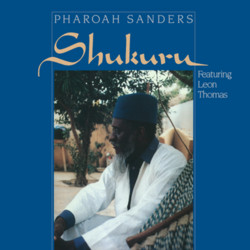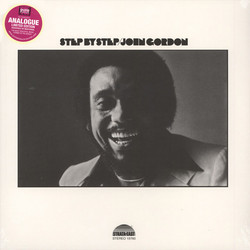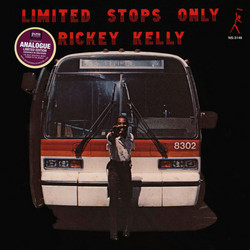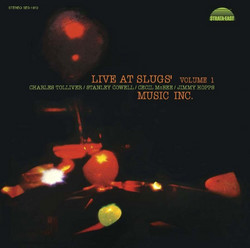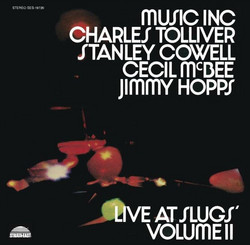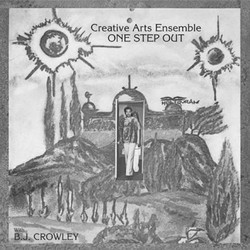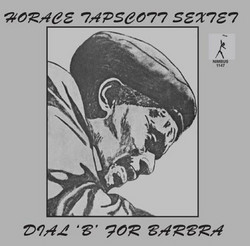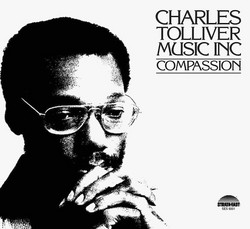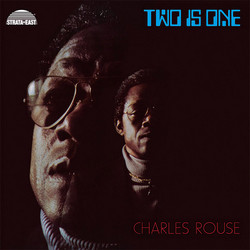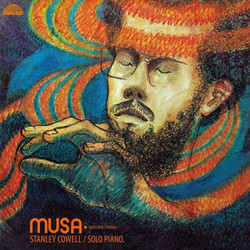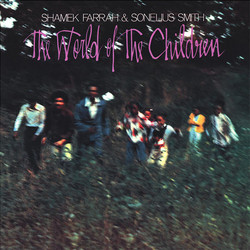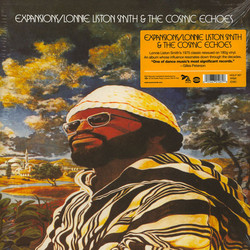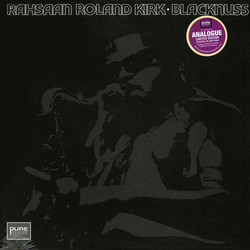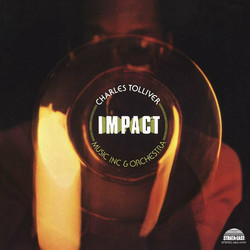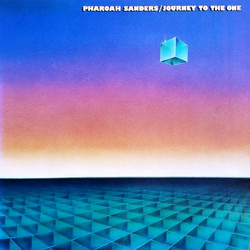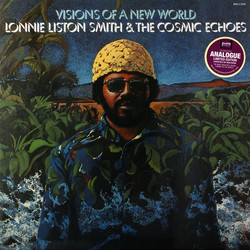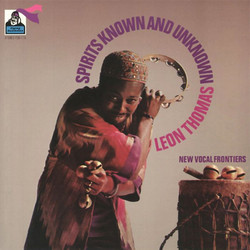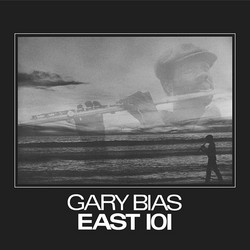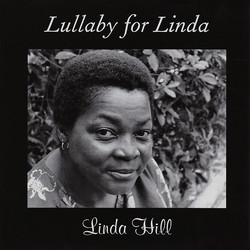For a label that wasn't around long, Strata East achieved the same sort of label recognition that Impulse! or Blue Note managed to build. In other words, you knew what you were getting when you bought a record on the label, even if you didn't know the names on the outside of the cover. "Don't Look Back" is an album led by American saxophonist Harold Vick recorded in 1974 and released in the wake of Harold Vick's recovery from a heart attack, which may partially explain the passion with which he approaches his playing throughout.
One of the best-ever Strata East sessions! The album's a masterfully conceived session by reed player Harold Vick – best known to the world as the funky tenorist from albums by John Patton and Jack McDuff in the 60s, but emerging here as an incredibly sensitive soul jazz player, capable of turning out some incredibly sophisticated and emotional compositions. Vick produced and wrote all the material on the album. A treasure all the way through. (Dusty Groove)
REVIEW: UK VIBE Magazine May 2018 by Tim Stenhouse.
Multi-reedist Harold Vick was born in 1936 in North Carolina and his early influences were those of his piano playing cousin. However, his talents as a student of psychology were duly noted and he enrolled at Howard University, Washington D.C.. By his third year there, it was becoming apparent, however, that music was rapidly taking over his life and he gave up any thought of becoming a clinical psychologist in order to join the R & B band of Red Prysock, and in this capacity Vick accompanied some of the finest blues singers, from Ruth Brown to Lloyd Price.
Pure Pleasure Records are on fine form with their vinyl reissue series. "‘Don’t Look Back’ is a timely reminder of what independent jazz labels were capable... of, in an era where fusion and rock dominated , and acoustic jazz was (wrongly) perceived as old-hat and regressive. This album is a firm riposte to any such viewpoint." TS
One of the best-ever Strata East sessions! The album's a masterfully conceived session by reed player Harold Vick – best known to the world as the funky tenorist from albums by John Patton and Jack McDuff in the 60s, but emerging here as an incredibly sensitive soul jazz player, capable of turning out some incredibly sophisticated and emotional compositions. Vick produced and wrote all the material on the album. A treasure all the way through. (Dusty Groove)
REVIEW: UK VIBE Magazine May 2018 by Tim Stenhouse.
Multi-reedist Harold Vick was born in 1936 in North Carolina and his early influences were those of his piano playing cousin. However, his talents as a student of psychology were duly noted and he enrolled at Howard University, Washington D.C.. By his third year there, it was becoming apparent, however, that music was rapidly taking over his life and he gave up any thought of becoming a clinical psychologist in order to join the R & B band of Red Prysock, and in this capacity Vick accompanied some of the finest blues singers, from Ruth Brown to Lloyd Price.
Pure Pleasure Records are on fine form with their vinyl reissue series. "‘Don’t Look Back’ is a timely reminder of what independent jazz labels were capable... of, in an era where fusion and rock dominated , and acoustic jazz was (wrongly) perceived as old-hat and regressive. This album is a firm riposte to any such viewpoint." TS
Details
Cat. number: SES-7431
Year: 2018
